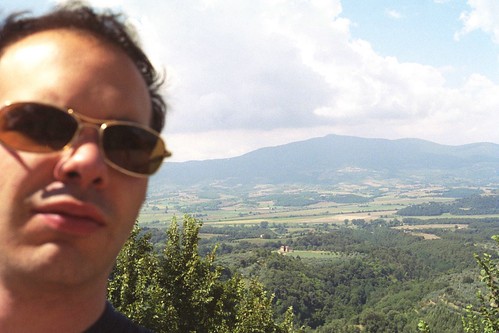
Cornelius Cardew gets down on the essense of improvisation, music, and humanity in
Towards an Ethic of Improvisation. If you don't read the whole thing, at least skip to the
virtues that a musician can develop.
Music is EroticPostulate that the true appreciation of music consists in emotional surrender, and the expression music-lover becomes graphically clear and literally true. Anyone familiar with the basis of much near-eastern music will require no further justification for the assertion that music is erotic. Nevertheless, decorum demands that the erotic aspect of music be approached with circumspection and indirectly. That technical mastery is of no intrinsic value in music (or love) should be clear to anyone with a knowledge of musical history: Brahms was a greater composer than Mendelssohn, though it can be truly asserted that Mendelssohn displayed more brilliance in technical matters. Elaborate forms and a brilliant technique conceal a basic inhibition, a reluctance to directly express love, a fear of self-exposure.
Esoteric books of love (the Kama Sutra for example) and esoteric musical theories such as Stockhausen's and Goeyvaerts' early serial manipulations lose a lot of their attraction when they are readily available to all.
Love is a dimension like time, not some small thing that has to be made more interesting by elaborate preamble. The basic dream -of both love and music- is of a continuity, something that will live forever. The simplest practical attempt at realising this dream is the family. In music we try to eliminate time psycholgically [sic] to work in time in such a way that it loses its hold on us, relaxes its pressure. Quoting Wittgenstein again: "If by eternity is understood not endless temporal duration but timelessness, then he lives eternally who lives in the present".


